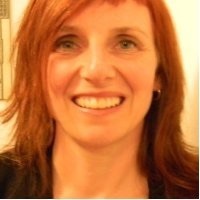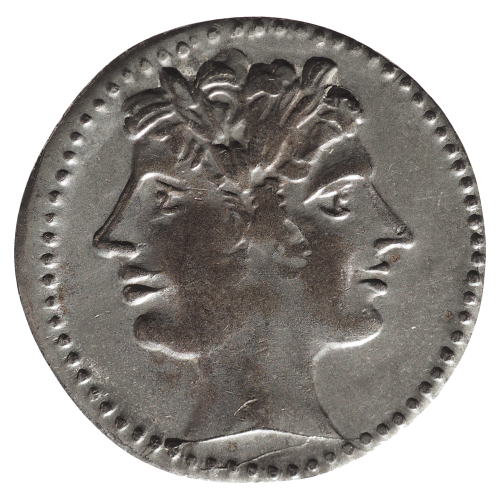Who we are
Stanford, Silicon Valley team

Prof. Michael Shanks
For Michael, archaeologists do not discover the past; they work on what remains. Michael’s research has taken in the building of prehistoric monuments in northern Europe (megaliths and mortuary practices), art and manufacture in the early cities of the Mediterranean (ancient Greek perfume jars), and life at the edge of the Roman empire (he currently directs the excavation of Vinovium, a Roman town in the English/Scottish borders). He has also researched contemporary design (beer cans, and cars), and has worked with contemporary artists on the presence of the past, in deep-mapping historical senses of place, and in pragmatogony – accounts of the genealogy of things, where things have come from. At Stanford he teaches in programs in Classics, Archaeology, Urban Studies, Science, Technology and Society, Writing and Rhetoric, and in the d.school.
http://mshanks.com

Prof. Larry Leifer
Leifer’s engineering design thinking research is focused on instrumenting design teams to understand, support, and improve design practice and theory. Specific issues include: design-team research methodology, global team dynamics, innovation leadership, interaction design, design-for-wellbeing, and adaptive mechatronic systems.

Dr. Natalia Pulyavina
Dr. Natalia Pulyavina is an Associate Professor, Department of Entrepreneurship, Plekhanov Russian University of Economics, Moscow. She was Visiting Researcher, Heidelberg Centre for Transcultural Studies (Heidelberg University, Germany). She is working closely with leading researchers to understand the forecasts of transcultural communication, specifically in large corporations. Now she is doing research in developing a corporate culture of companies in an era of digital transformation.

Dr. Victor Taratukhin
Victor Taratukhin received his Ph.D. in Engineering Design in 1998 and Ph.D. in Computing Sciences and Engineering in 2002. Victor was a Lecturer in Decision Engineering and Module Leader (IT for Product Realization) at Cranfield University, UK (2001-2004), SAP University Alliances Program Director (2004-2012), SAP-Stanford Industry Liaison (2017- present). He is Managing Director, Competence Center ERP at European Research Center for Information Systems (ERCIS), University of Muenster, Germany (2012-present) and Visiting Professor at Stanford Center for Design Research (CDR).
International Members
University of Muenster, Germany

Prof. Dr. Joerg Becker
Professor Becker is Head of the Department of Information Systems of the University of Münster and of the European Research Center for Information Systems (ERCIS). He is a Professor of Information Systems and directs the Chair for Information Systems and Information Management.
Heidelberg University, Germany

Prof. Dr. Christiane von Stutterheim
Trained in General Linguistics, language typology and psycholinguistics, Christiane von Stutterheim investigates psycholinguistic aspects of language production from a comparative point of view, the relationship between verbal and non verbal cognitive processes, bilingualism and language acquisition on the basis of semantic theory, pragmatic theory of information structure and cognitive theory on language processing. Her research addresses also questions on the relation between language and cognitive processes in visual attention and memory performance testing linguistic behavior under normal conditions and under pressure.
Christiane von Stutterheim holds a chair on German Linguistics at the University of Heidelberg.

Valentina Anikushina
Valentina Anikushina is a doctorate candidate at Heidelberg University, Germany. Her doctoral research is in Cognitive Linguistics and aims to understand whether group dynamics, preferred psychological coping strategies, or other personal characteristics can predetermine the linguistic behavior of humans under stress.
Roskilde University, Denmark

Prof. Dr. Connie Svabo
I work with digitally mediated experiences of urban and natural landscapes; that is, the entanglements between the actual and the virtual – between the social, material and spatial – in visitor’s encounters with cultural places such as art sites, heritage sites and museums. Theoretically I seek to develop a foundation for my own work with spatial experience design at heritage sites and museums. Empirically I explore how spatial experience emerges through processes of sociomaterial negotiation.

